Welcome to the Amira-Avizo Software Use Case Gallery
Below you will find a collection of use cases of our 3D data visualization and analysis software. These use cases include scientific publications, articles, papers, posters, presentations or even videos that show how Amira-Avizo Software is used to address various scientific and industrial research topics.
Use the Domain selector to filter by main application area, and use the Search box to enter keywords related to specific topics you are interested in.
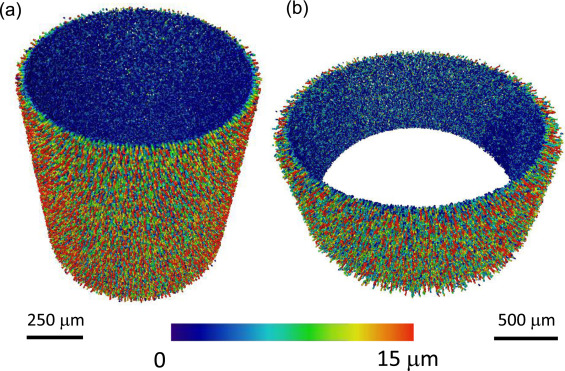
In this study, a series of alumina hollow fibers have been prepared with varied polymer binder (polyethersulfone, PESf) concentration and new polymer-based internal coagulant (aqueous solution of polyvinyl alcohol, PVA). For the first time, the micro-channels were characterized in 3D using X-ray CT to determine micro-channel densities and diameters in the radial direction, as well as the 2D measurement of the pore size in the sponge-like layer.
Read more
Tao Li, Xuekun Lu, Bo Wang, Zhentao Wu, Kang Li, Dan J.L. Brett, Paul R. Shearing
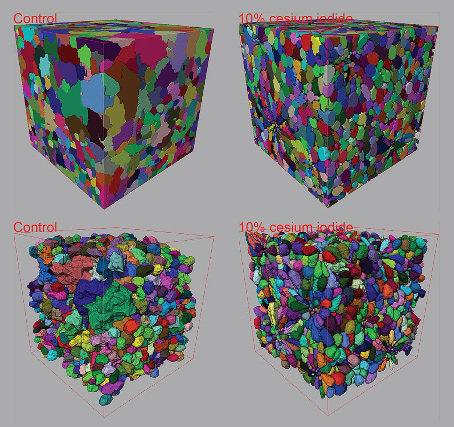
Contrast-enhanced 3D micro-CT of plant tissues using different impregnation techniques
X-ray micro-CT has increasingly been used for 3D imaging of plant structures. At the micrometer reso-lution however, limitations in X-ray contrast often lead to datasets with poor qualitative and quantitative measures, especially within dense cell clusters of plant tissue specimens. The current study developed protocols for delivering a cesium based contrast enhancing solution to varying plant tissue specimens for the purpose of improving 3D tissue structure characterization within plant spec... Read more
Zi Wang, Pieter Verboven and Bart Nicolai, Department of Biosystems KU Leuven – University of Leuven Willem de Croylaan, Leuven Belgium
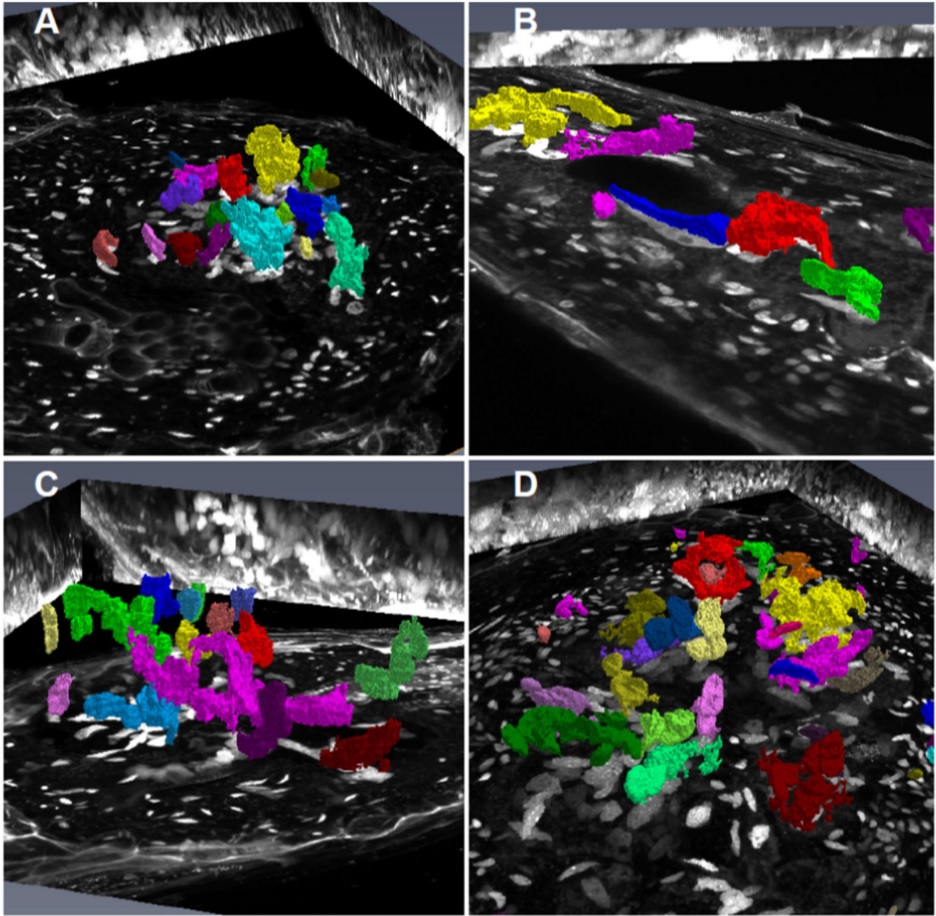
Root-knot nematodes induce galls that contain giant-feeding cells harboring multiple enlarged nuclei within the roots of host plants. It is recognized that the cell cycle plays an essential role in the set-up of a peculiar nuclear organization that seemingly steers nematode feeding site induction and development. Functional studies of a large set of cell cycle genes in transgenic lines of the model host Arabidopsis thaliana have contributed to better understand the role of the cell cycle comp... Read more
Antonino de Souza Junior José Dijair, Pierre Olivier, Coelho Roberta R., Grossi-de-Sa Maria F., Engler Gilbert, de Almeida Engler Janice / Institut National de la Recherche Agronomique, Université Côte d’Azur, Centre National de la Recherche Scientifique, Institut Sophia Agrobiotech, Sophia-Antipolis, France
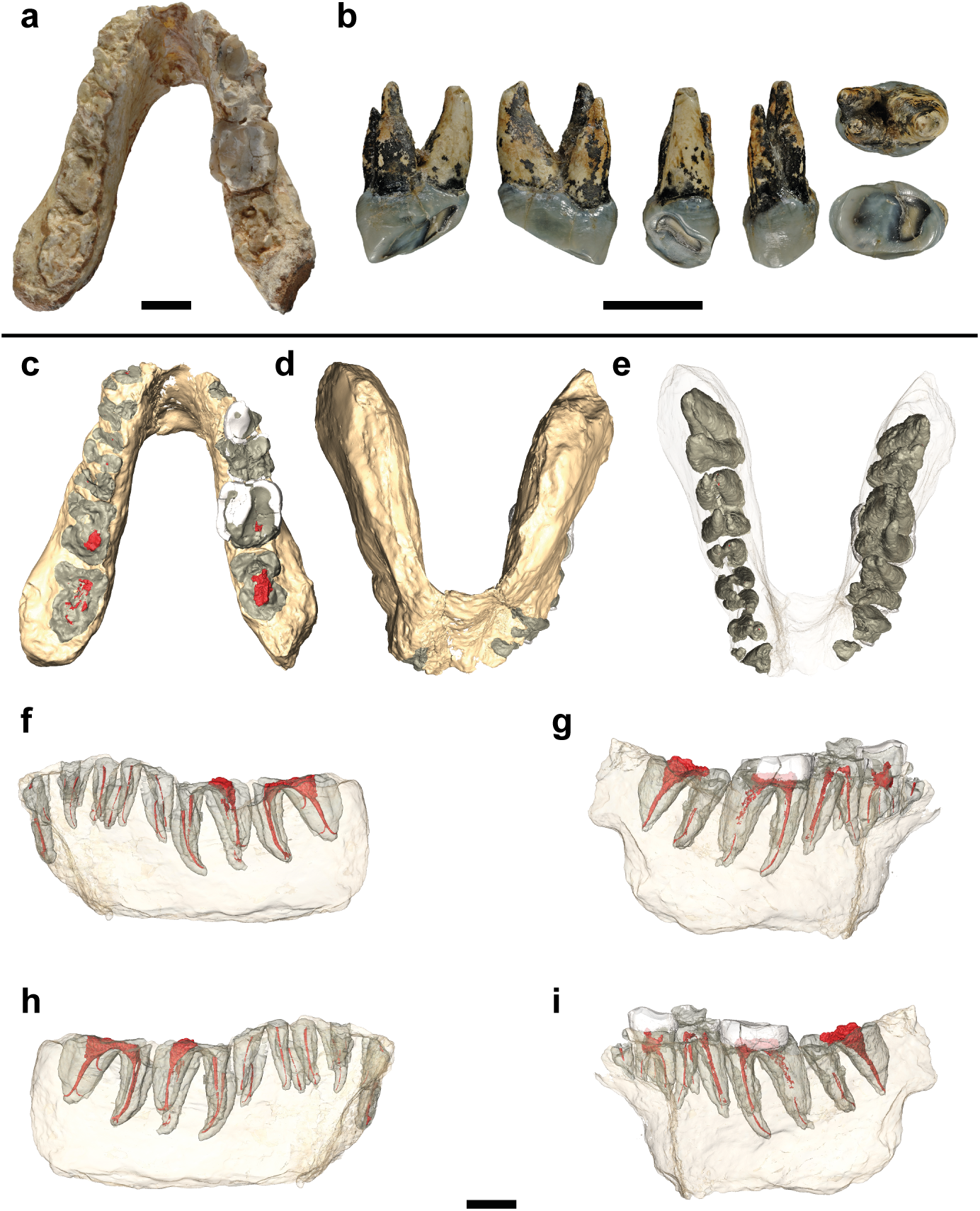
Potential hominin affinities of Graecopithecus from the Late Miocene of Europe
The split of our own clade from the Panini is undocumented in the fossil record. To fill this gap we investigated the dentognathic morphology of Graecopithecus freybergi from Pyrgos Vassilissis (Greece) and cf. Graecopithecus sp. from Azmaka (Bulgaria), using new μCT and 3D reconstructions of the two known specimens. Pyrgos Vassilissis and Azmaka are currently dated to the early Messinian at 7.175 Ma and 7.24 Ma. Mainly based on its external preservation and the previou... Read more
Jochen Fuss, Nikolai Spassov, David R. Begun, Madelaine Böhme
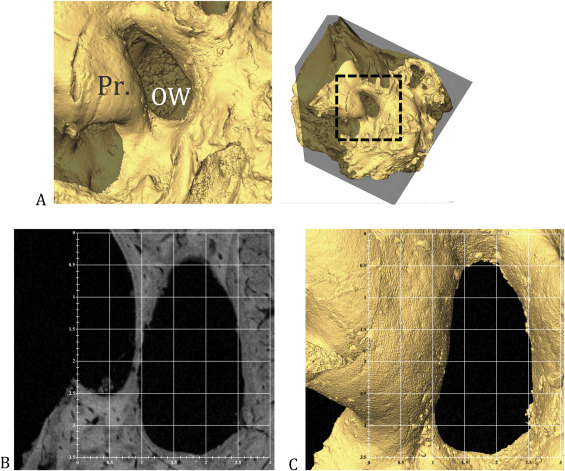
Echoes from the past: New insights into the early hominin cochlea from a phylo-morphometric approach
Investigation on cochlear variation, an indirect evidence of auditory capacities among early hominins and extant catarrhine species, in order to assess (i) the phylogenetic signal of relative external cochlear length (RECL) and oval window area (OWA), the evolutionary model with the highest probability of explaining our observed data, some hominin ancestral nodes for RECL and OWA. RECL has a high phylogenetic signal under a Brownian motion model, and is closely correlated with body mass. Our... Read more
José Braga, Priscille Bouvier, Jordan Romeyer Dherbey, Patricia Balaresque, Laurent Risser , Jean-Michel Loubes , Jean Dumoncel , Benjamin Duployer , Christophe Tenailleau
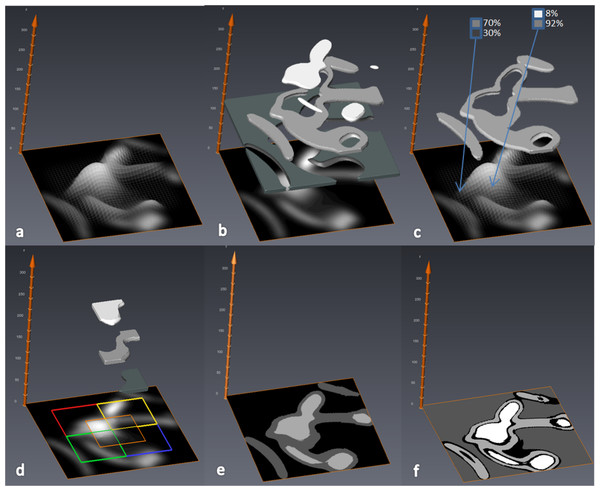
MIA-Clustering: a novel method for segmentation of paleontological material
Paleontological research increasingly uses high-resolution micro-computed tomography (μCT) to study the inner architecture of modern and fossil bone material to answer important questions regarding vertebrate evolution. This non-destructive method allows for the measurement of otherwise inaccessible morphology. Digital measurement is predicated on the accurate segmentation of modern or fossilized bone from other structures imaged in μCT scans, as errors in segmentation can result in inaccur... Read more
Christopher J. Dunmore, Gert Wollny, Matthew M. Skinner

The terrestrial Judith River Formation of northern Montana was deposited over an approximately 4 Myr interval during the Campanian (Late Cretaceous). Despite having been prospected and collected continuously by palaeontologists for over a century, few relatively complete dinosaur skeletons have been recovered from this unit to date. Here we describe a new genus and species of ankylosaurine dinosaur, Zuul crurivastator, from the Coal Ridge Member of the Judith River Formation, based ... Read more
Victoria M. Arbour, David C. Evans
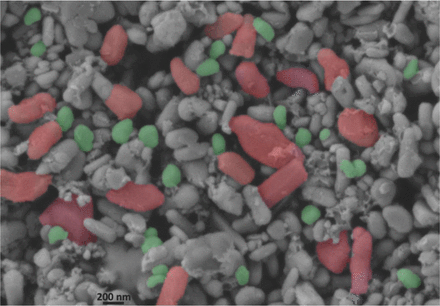
Enhanced Imaging of Lithium Ion Battery Electrode Materials
The authors present for the first time a new methodology of contrast enhancement for 3D imaging, including novel advanced quantification, on a commercial Lithium Iron Phosphate (LFP) LiFePO4 cathode. The aim of this work is to improve the quality of the 3D imaging of challenging battery materials by developing methods to increase contrast between otherwise previously poorly differentiated phases. This is necessary to enable capture of the real geometry of electrode microstructures... Read more
Moshiel Biton, Vladimir Yufit, Farid Tariq, Masashi Kishimoto and Nigel Brandon
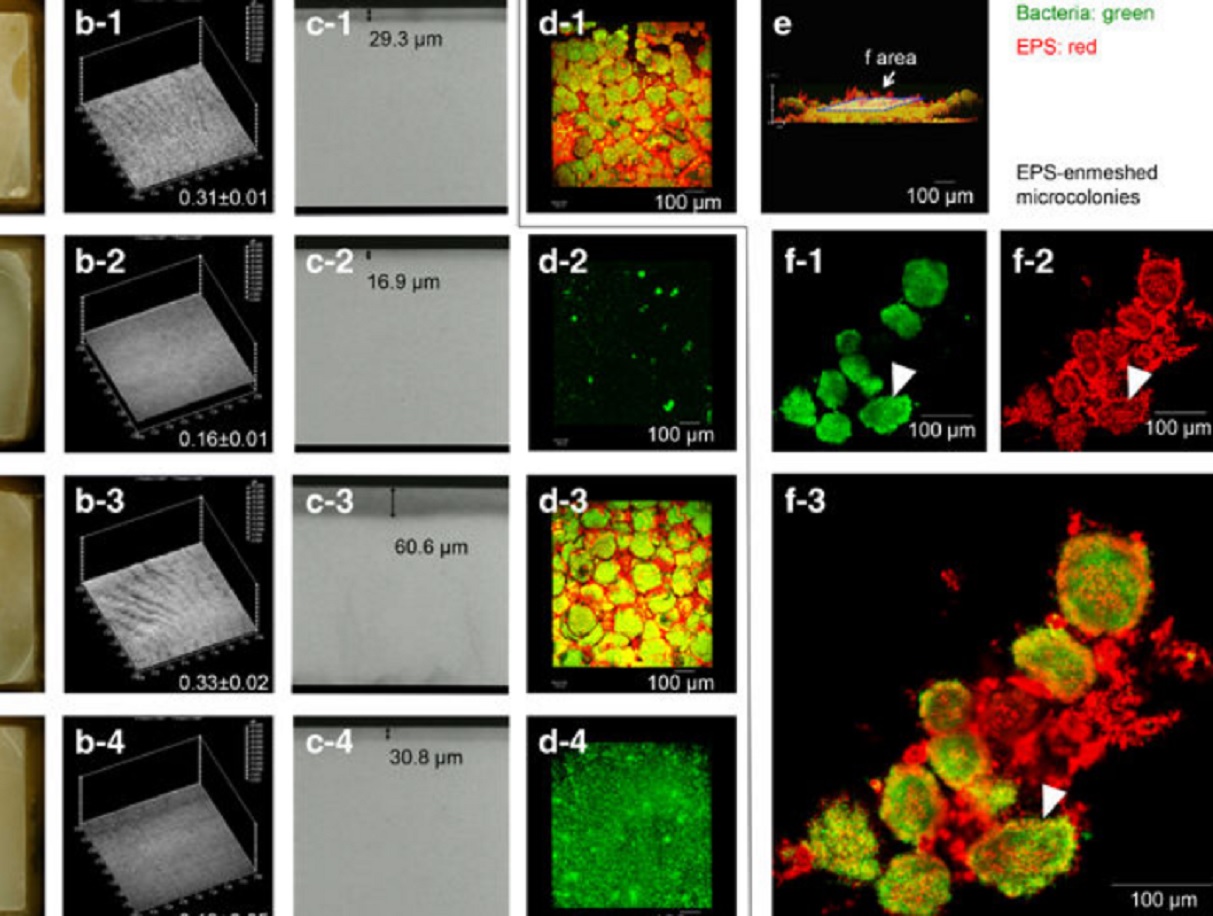
Acidic microenvironments created by bacterial clusters thriving in a polysaccharide matrix could be behind localized tooth decay. Jin Xiao of the University of Rochester Medical Center and Geelsu Hwang of the University of Pennsylvania with colleagues in the US mapped acidity changes across tooth enamel caused by the microstructure of dental plaque: a film of bacteria and the polysaccharide matrix they secrete. Using fluorescence microscopy, they studied the 3D architecture of plaque that for... Read more
Jin Xiao, Anderson T Hara, Dongyeop Kim, Domenick T Zero, Hyun Koo et al.
Noise induced hearing loss (NIHL) is a disease that affects millions of Americans. Identifying genetic pathways that influence recovery from noise exposure is an important step forward in understanding NIHL. The transcription factor Foxo3 integrates the cellular response to oxidative stress and plays a role in extending lifespan in many organisms, including humans. Here we show that Foxo3 is required for auditory function after noise exposure in a mouse model system, measured by ABR…Read more
Felicia Gilels, Stephen T. Paquette, Holly J. Beaulac, Anwen Bullen & Patricia M. White
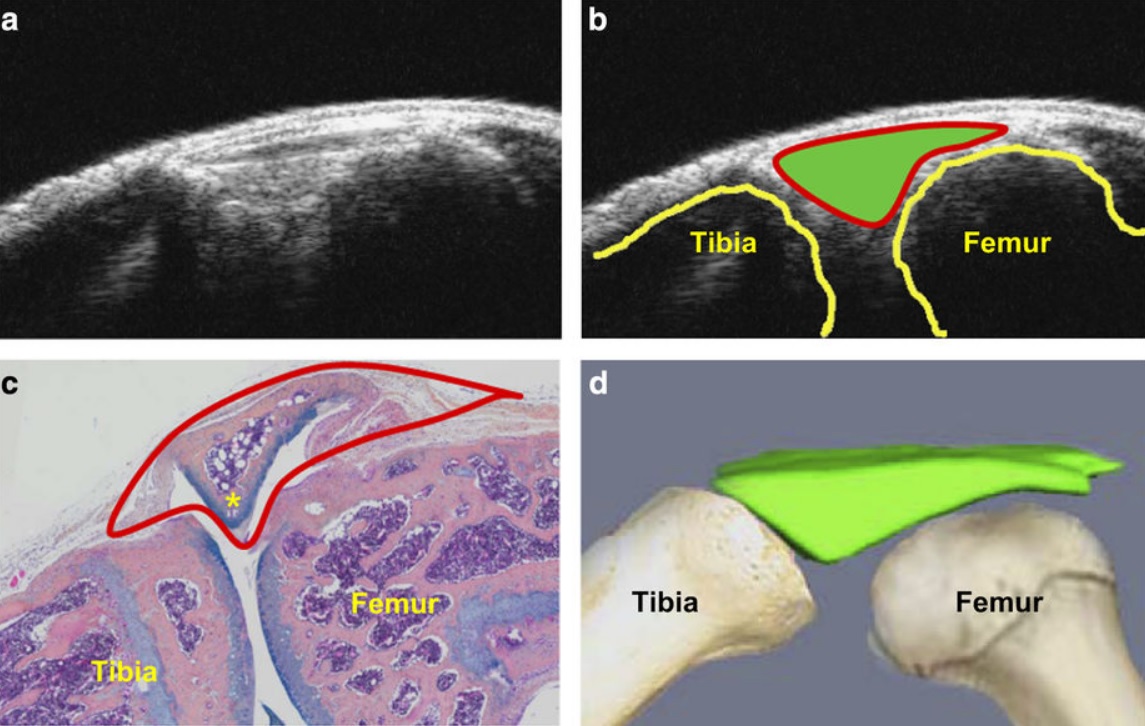
Ultrasound could be a fast and cost-effective means of assessing joint changes in mouse models of posttraumatic osteoarthritis (PTOA). Such models are essential for understanding the biology of this degenerative joint disease and developing new treatments, but noninvasive methods of evaluating disease activity are lacking. Because ultrasound can visualize both joint space volumes and blood flow in the joints, it could provide an alternative to microscopic examination of tissue, assuming it ac... Read more
Hao Xu, Echoe M Bouta, Ronald W Wood, Edward M Schwarz, Yongjun Wang & Lianping Xing
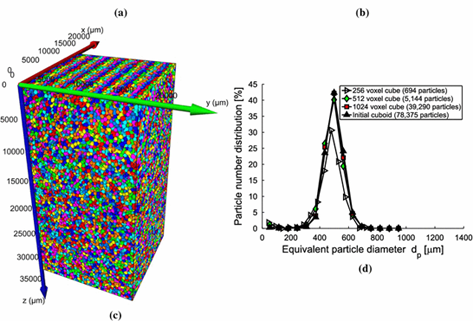
Hydraulic properties of porous sintered glass bead systems
In this paper, porous sintered glass bead packings are studied, using X-ray Computed Tomography (XRCT) images at 16μm16μm voxel resolution, to obtain not only the porosity field, but also other properties like particle sizes, pore throats and the permeability. The influence of the sintering procedure and the original particle size distributions on the microstructure, and thus on the hydraulic properties, is analyzed in detail. The XRCT data are visualized and studied by advanced image fil... Read more
University of Twente, Enschede | Ruhr-University Bochum; Eindhoven University of Technology | Helmholtz Institute Erlangen-Nürnberg for Renewable Energy | University of Stuttgart